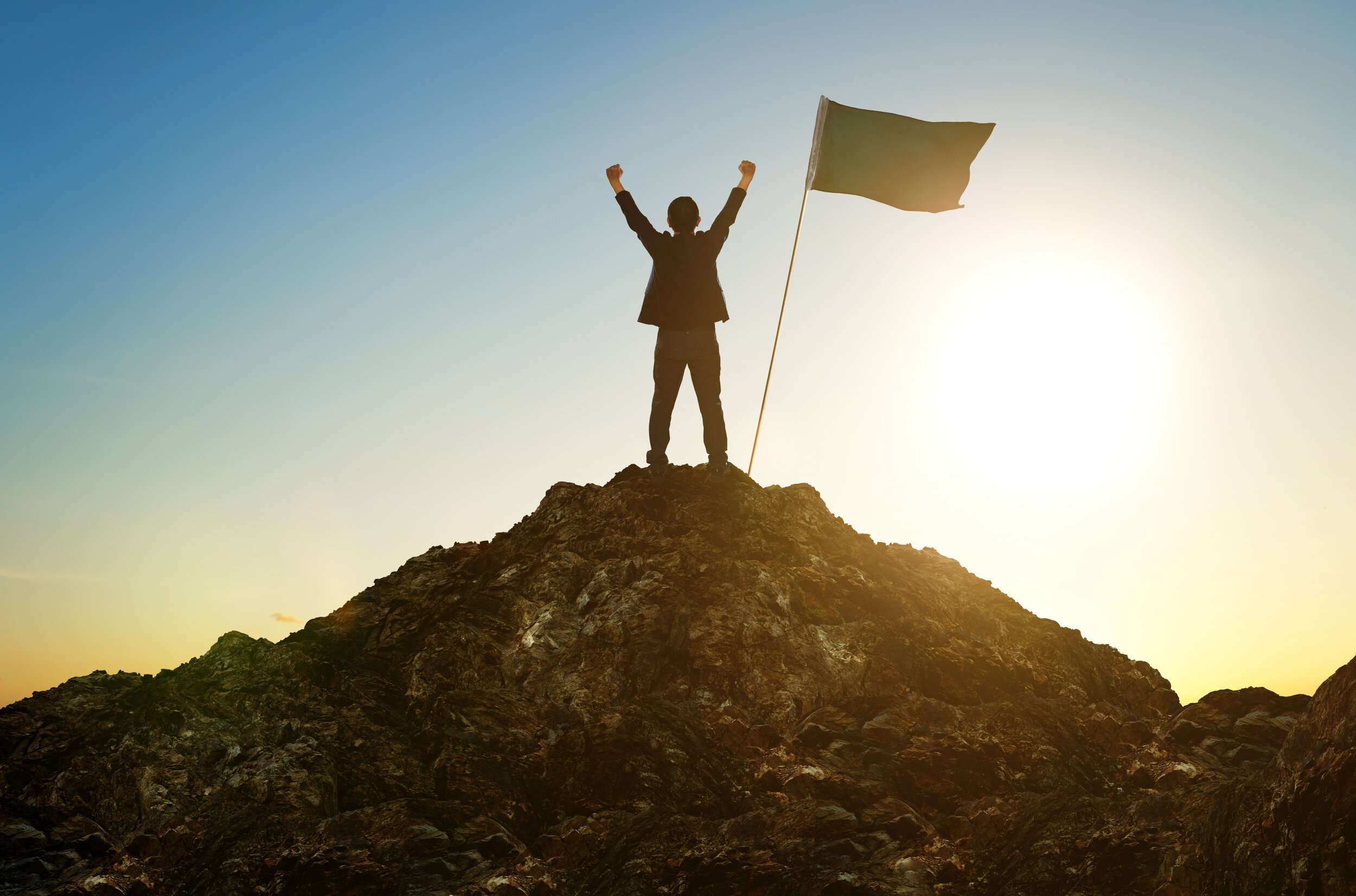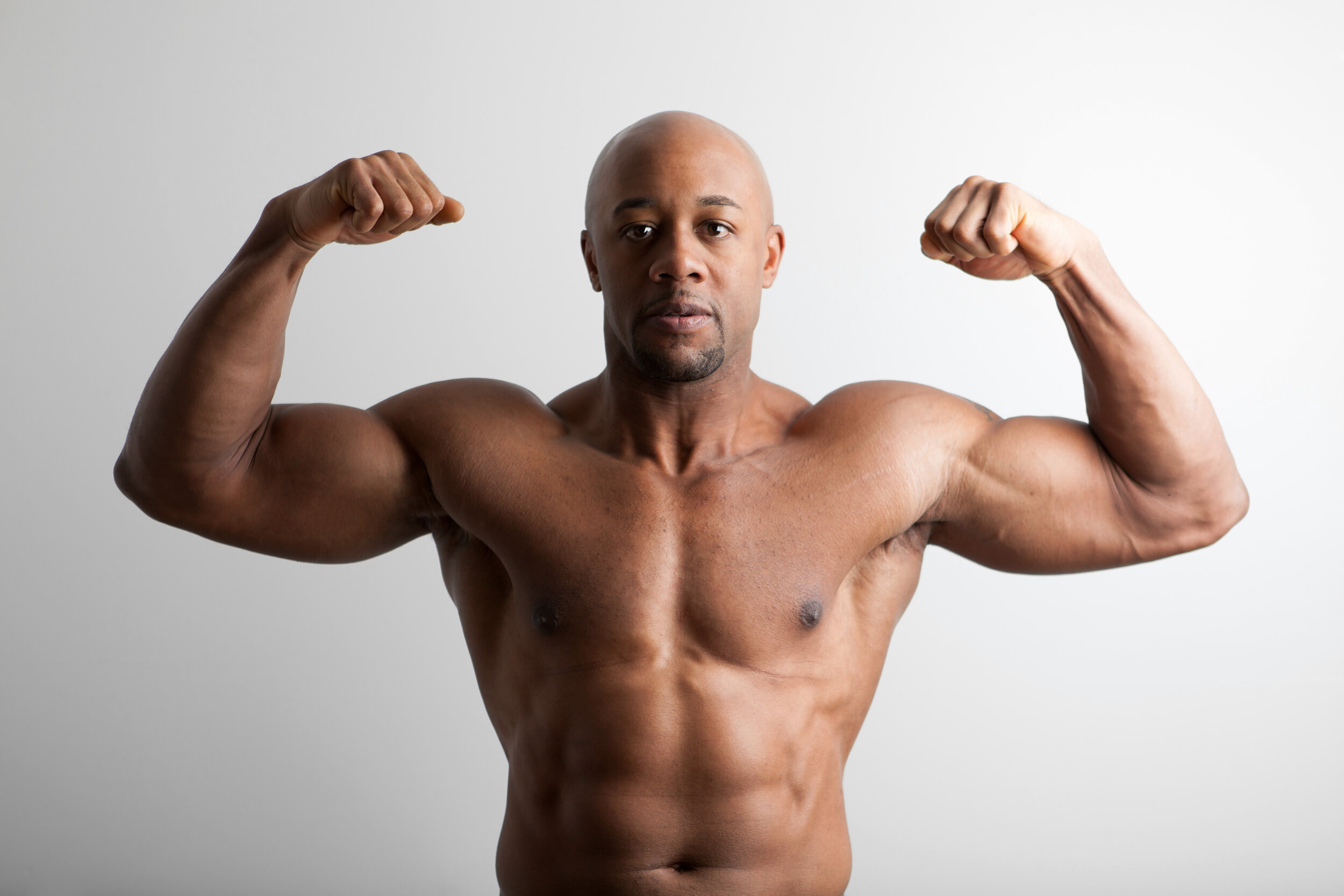

The Myth Of 1% Better Everyday
Humans don’t improve exponentially; our skills and talents take time to develop. When it comes to fitness, there is often a hard (physical) or soft (priority shift) limit to our growth because we can no longer put in the time and effort improvement requires. The phrase “1% better everyday” isn’t about literally improving 1% every single day, it’s about putting in the concentrated and meaningful work to get better. It encourages people to build habits and routines that will lead them to long term success.

Where Does Laziness Come From?
Everyone has periods of laziness - it’s part of being human. People probably aren’t inherently lazy; there are environmental and situational factors that contribute to why we procrastinate or avoid doing “work.” If people take the time to examine why they’re being “lazy,” they’ll most likely realize the reasons behind their behavior.

Understanding Survivorship Bias
Survivorship bias happens when we only see the successes (survivors) individuals and businesses have, which can lead to a warped perception of success rates.
Social media creates constant survivorship bias because people only share the good and successful parts of their lives in order to make themselves look better and trustworthy, naturally hiding the parts they don’t want us to see.
Most of the time, success takes a lot of effort and failure, but people on the outside don’t see behind the scenes. Don’t be fooled - continue to put in the work if you want to improve!

Is It Okay To Work Hard For Yourself?
Quitting isn’t bad - it’s an important skill to have. You can’t do everything, so you have to be okay with quitting things that you don’t enjoy or aren’t beneficial to you. Laziness, too, isn’t inherently bad. It’s a natural part of life and the cycle of productivity. You can’t always be doing something, and laziness helps us recuperate from the energy we expend. Forcing yourself to work tirelessly at all things (your day job included) doesn’t bring more productivity, satisfaction, or money - so you need to assess if it’s really worth your time. It is okay to work hard when you want to do it, especially on things that bring you happiness or make you feel proud of what you accomplished.

When Do We Physically Peak? (Peaking Part 2)
Olympic weightlifting is the main professional lifting competition, but Olympic athletes cannot be used to assess averages for lifters. The people who make it to the Olympics have genetic and social advantages that make them the best in the world.
The margin of winning at these high levels is so small that even the most dedicated and talented athletes may never make it to the Olympic Games and could quit trying to compete well before their physical peak.
Research in masters lifting has shown that most lifters were physically peaking between ages 30-35, and although their abilities do start decreasing, it’s at a much smaller and slower rate than people tend to expect.
Career peaking is a social construct and should not be used as the only way to measure expected performance and growth.
